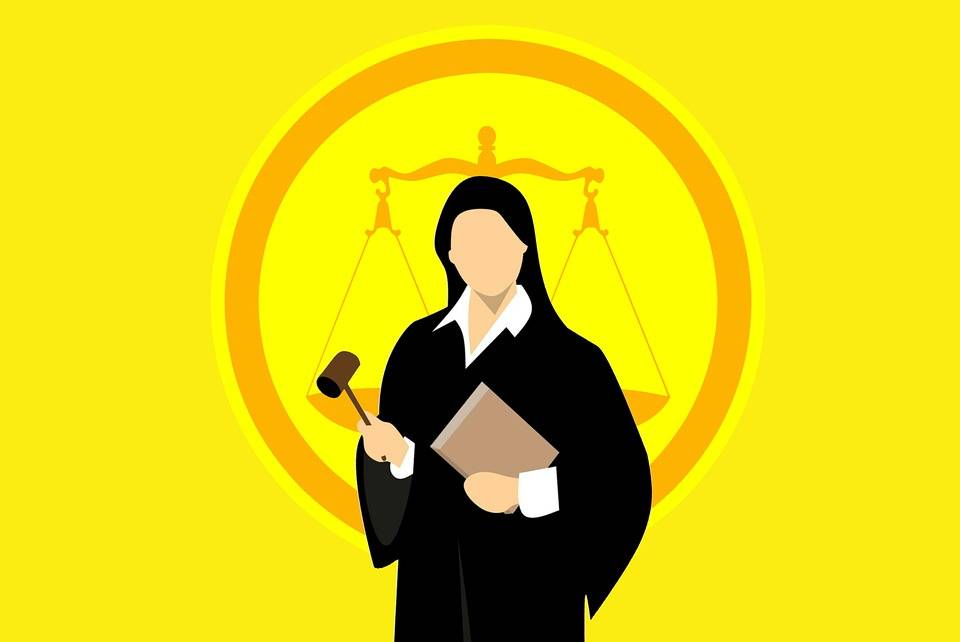As a small business owner, the last thing you want is a lawsuit. While nobody ever wants to get sued, statistics show that up to 53% of small businesses get involved in different types of litigation.
Regardless of who wins the lawsuit, there are rarely any upsides to litigation for small businesses. Your business can suffer a damaged reputation, reduced profits, and even significant financial losses if you lose.
Here are some steps you can take to protect your small business from lawsuits.
Separate Yourself from Your Business
As an entrepreneur operating a sole proprietorship, should your business get sued, your personal assets can get attached to the lawsuit. You can limit the possibility of your assets getting targeted during a lawsuit by registering the business under a trust.
A trust is a separate legal entity that can own property, businesses, securities, and other assets as well as file its own returns. If your business is involved in litigation, the trust’s assets get attached to the lawsuit.
You can also separate your personal finances from the business through incorporation. However, to incorporate your business, you must provide additional laws, taxes, and reports to the government.
We recommend talking to a lawyer to find out more about trusts and incorporation as you plan to protect your business from litigation.
Protect Your Business Files
Most modern businesses work using computers and use the internet to communicate with their customers or provide payment platforms. You must protect your filing systems using antivirus and security software. Remember to also update this protection software regularly.
A compromised filing system can not only compromise your business profits but also put your customers’ financial information at risk from hackers. Ensure your business is backed-up in the event you lose your files and perform regular backups to boost security.
Have All Agreements in Writing
Good record keeping in business is a lifesaver. Having all your agreements in writing ensures you are protected in litigation and extensively captures all the details of the transaction. With the help of a lawyer, you can find out which formal contracts are applicable to your business.
Protect Your Reputation
For small businesses, reputation is everything. You must ensure that all your business dealings are handled with integrity.
Your customers, employers, the community, and even competitors are always watching how you represent your business.
Bending the rules not only leads to lost business and a poor reputation, but it can also expose you to potential lawsuits. Acting with integrity also gives your business a good foundation for success.
Follow The Right Employment Processes
Like any other workplace, small businesses are also governed by state and federal laws. Familiarize yourself with the Employment Practices Liability Insurance, which protects you against a variety of common lawsuits such as:
- Discrimination
- Accidents, property damage, or injuries
- Wrongful termination
- Sexual harassment
- Workplace harassment
- Negligent evaluation
- Wrongful discipline
- Breach of employment contract
- Payment disputes
- Failure to promote or employ
- Mismanagement of employee benefit plans among others
You can also contract a lawyer or human resources professional to find out which laws apply to your small business and learn about their requirements. When your business is operational, enforce all relevant legal policies, including the EPLI, to ensure that you are compliant.

Insurance
Business Owners Policy and General Liability Insurance cover many risks for small businesses including property damage, claims for bodily injuries, and advertising injuries, among others. Depending on the type of business you operate, you can also get specialized insurance to ensure you are covered more comprehensively.
For instance, Commercial Auto Insurance can help protect your employees and business in case of a driving-related accident. Professional Liability Insurance is ideal for businesses that deal with services or professional advice that may cause distress in case of a missed appointment.
You can also consider Umbrella Insurance as additional protection in litigation that exceeds your primary policy capabilities. The Umbrella policy is especially useful for large, unexpected losses.
Always report your insurance claims early to avoid lengthy legal processes that could cost you money, time, and possibly damage your reputation.
Invest in Legal Counsel
It is always advisable to have a qualified and experienced lawyer on retainer. Engage a lawyer who is familiar with your business in advance to ensure that you prepare yourself in case of a lawsuit.
In addition to helping you during a lawsuit, a good lawyer can also help you prevent a lawsuit by giving you legal advice on how to:
- Hire and fire employees
- Stay compliant with legal requirements
- Draw and review all business contracts
How to Protect Your Business from Employee Lawsuits
You can also protect your business from employee lawsuits by:
- Creating effective hiring policies that avoid discrimination
- Documenting and posting your business policies in employee handbooks and throughout the workspace
- Teaching employees about workplace harassment and what steps to take if they are harassed
- Ensuring all supervisors are aware of the business’ policy on harassment
- Documenting all incidents of harassment, resolutions, and prevention policies in place
What To Do If Your Small Business Is Sued
If your business is getting sued, contact your lawyer and your insurance company immediately. We do not recommend ignoring the lawsuit or contacting the complainant yourself. An experienced lawyer will guide you through the process and help you get the best outcome.
Do not close the business to avoid a lawsuit. In a lawsuit, courts do not consider whether the business is still in operation. Whether or not you close the business, you are still liable for any damages incurred while the business was operational.
Summary: Protect Your Small Business from Lawsuits
A lawsuit can be time-consuming and financially damaging for small businesses. Treating your customers and employees well is the first step towards protecting your business from a lawsuit. Finding the right approach to customer service and training your staff effectively will help you prevent litigation.
As an entrepreneur, conduct your business in an ethical and moral way by ensuring you keep accurate records and your operations above board. These are some of the most effective ways of minimizing the risk of being sued.
